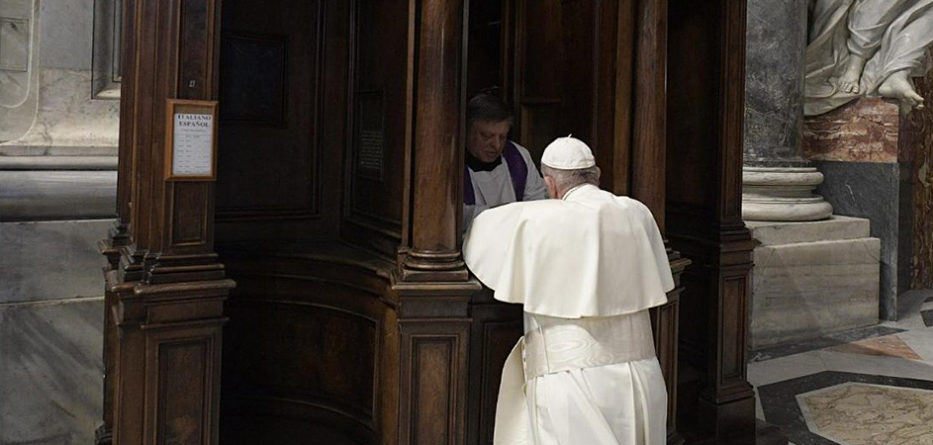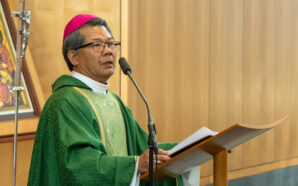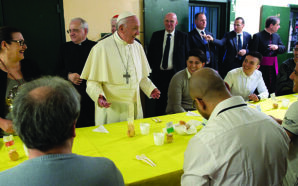Pope Francis may well go down in history as the “Who am I to judge?” pope.
But the jolting question he asked in his now-famous media interview, points to a Christian virtue much more important to Francis: mercy.
To put it succinctly, Pope Francis believes that the world and even the church has forgotten what it means to be merciful and that being overly judgmental prevents us from showing mercy to others.
Not that Pope Francis is shy about denouncing the undeniable presence of evil and injustice in our world and church. Francis often reminds us that we must honestly face the truth that we are all sinners (including him). ‘Confess!’ he constantly urges us.
But for Pope Francis, the crucial context must always be this deeper truth: “We are not loved after we are forgiven, we are forgiven because we are loved.”
Pope Francis clearly understands, from first-hand experience, why we human beings often make mistakes, act immaturely and tragically mess up things on a regular basis. And love or the lack of it is the real issue at stake in the life stories of most of us.
For Francis is, after all, the first Pope to acknowledge publicly that he has personally received help from psychotherapy at a crisis point of his own life. So it is not really that surprising that he is acutely aware of the complexities of each human story.
That is why Francis is so insistent that we avoid, at all costs, the type of harsh ‘judgmentalism’ that so destroys trust and which simply cannot ‘see’ the other with the eyes of compassion.
As the Australian poet James McAuley once put it in his poem Because:
Judgement is simply trying to reject a part of what we are because it hurts…
Hence, Francis’s insistence that if we are to build a more welcoming church, the searing issue of judgmentalism must be faced. There is no sin that Jesus condemns in the gospels more often than that of judgmentalism.
In this regard, I especially love Martin Bell’s book, The Way of the Wolf, and his short story called: “Where Are the Nine?” It imaginatively explores the story in Luke 17 where the 10 lepers were healed by Jesus and only one came back to give thanks.
We often ask after hearing this story: How could they be so ignorant and thankless? But Martin Bell gives an alternate interpretation and imagines that the nine had some fairly valid reasons for not returning to give thanks.
One of the healed lepers did not return because he had lost the ability to say thank you. For years he had been on the street begging for a few coins from every person who passed. It is hard to say thank you when you are ostracised and in great need. Over time it is almost impossible. Another leper simply went home. This leper had a family before the disease struck. She had a husband and children and she had not seen them in many years. She was cured and she ran straight home to her family. And so on…
Martin Bell reminds us that “condemnation comes more easily to us than investigation.” He writes:
“…if we take the time to investigate the reasons why people act as they do, we would find that they have to act the way they do and that such action in the light of the circumstances is quite understandable and totally forgivable…”.
I think Pope Francis, and more importantly, Jesus of Nazareth would heartily agree…
With thanks to Cindy Wooden & Joshua J. McElwee for their great book and its insights A Pope Francis Lexicon, Liturgical Press (2018), which was the genesis of this article.
Br Mark O’Connor FMS is the Vicar for Communications in the Diocese of Parramatta.








